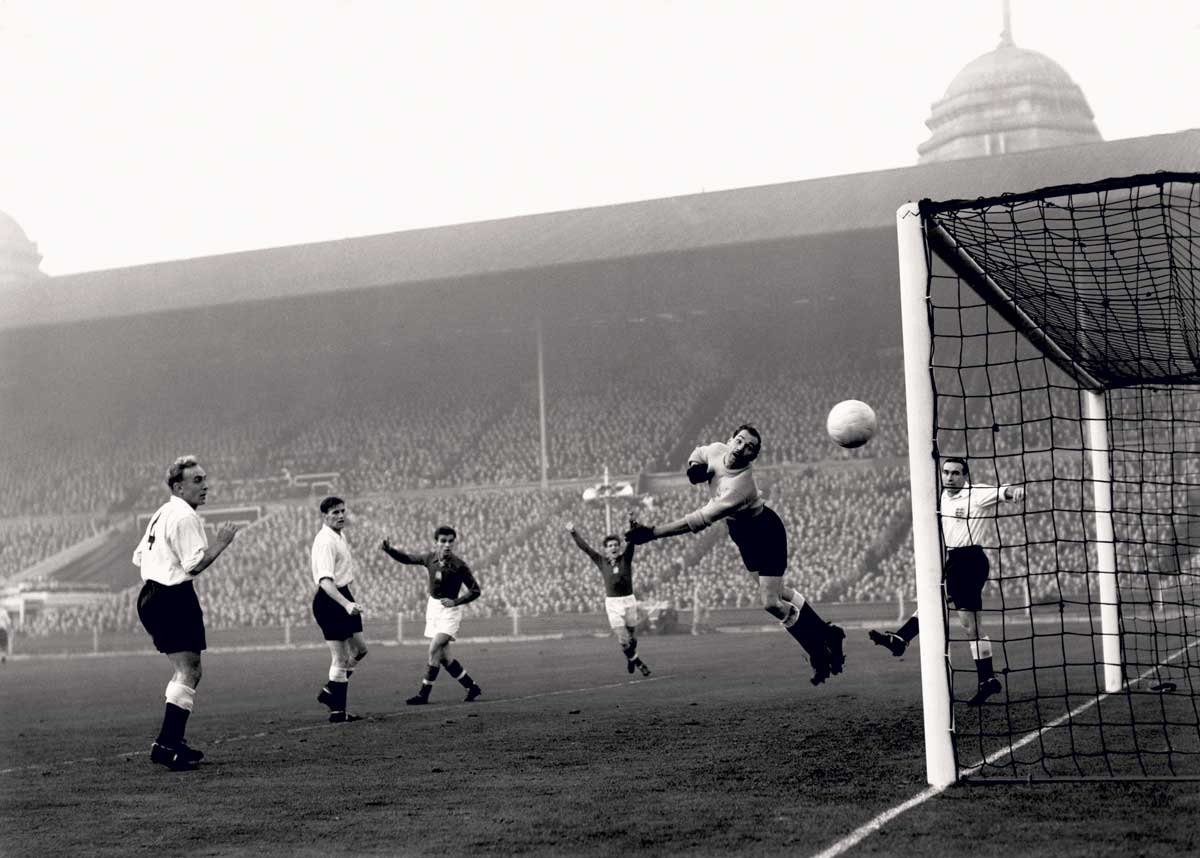Abstract
This article examines the ways in which popular footballers and football successes were used to propagate the planned economy system in Hungary during the communist dictatorship. The paper therefore explores the political and social role of football, as well as its popularity in Hungary and the most important attributes of planned economy. The analysis investigates the ways in which footballers were used by the government and how they were portrayed by the press. In doing so, it addresses specific questions: what features of footballers were presented as a role model? How did the political leadership try to encourage people working harder, using the national team's 6:3 victory against England in 1953 and how did the idea of the “6:3 shift” emerge? How could football be used to promote the “peace loan subscriptions”? Furthermore, the author discusses whether the hungarian reality matched the propaganda.
A Creative Commons Attribution 4.0 (CC BY 4.0) license applies to all contents published in Storia dello Sport. Authors retain full and permanent ownership of their work.

